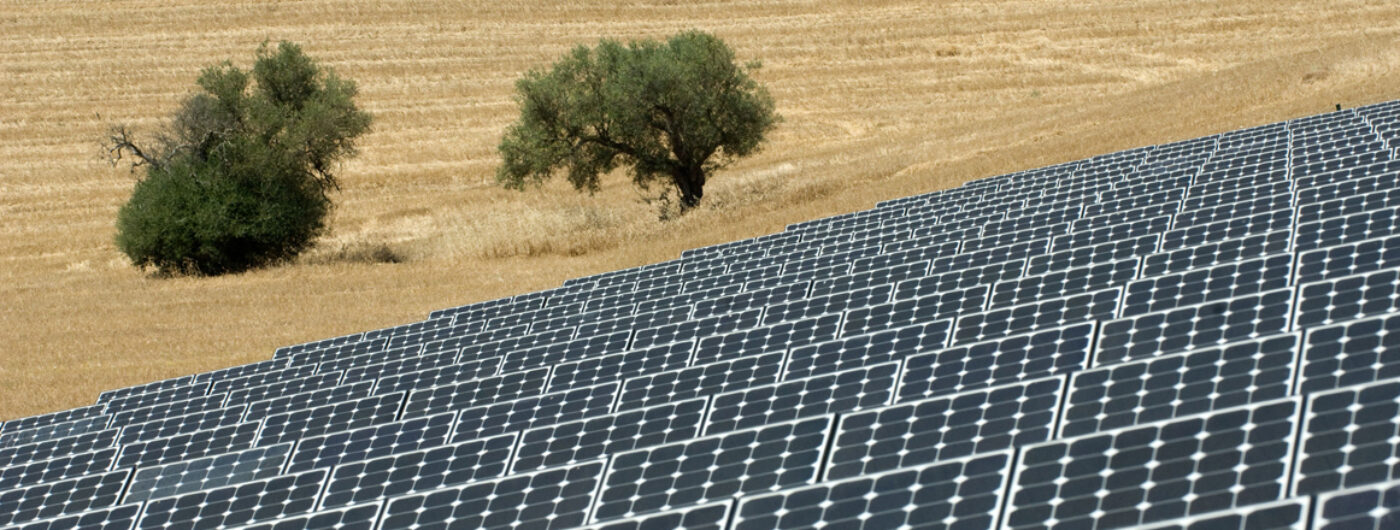This website uses cookies so that we can provide you with the best user experience possible. Cookie information is stored in your browser and performs functions such as recognising you when you return to our website and helping our team to understand which sections of the website you find most interesting and useful.

UfM Forum on Green innovation and careers for empowering the Mediterranean youth: Triple helix in action
Amman, Kempiski Hotel, 30-31 October 2022 – The UfM is partnering with the Higher Council for Science and Technology, with the support of the German Development Cooperation, on a Forum hosted under the auspices of ESCWA, with the aim of exploring:
- how government-academia-business cooperation is being advanced in the region,
- how innovation can support a green transition, and
- how to foster innovation, skills and employability to support Mediterranean citizens.
Rationale
With 45% of the population under the age of 25, the Mediterranean is a young region whose potential needs to be fully exploited for achieving a double green and digital transitions. At the same time, economic, environmental, and social challenges are negatively affecting youth employment such as lack of innovation, inflation, environmental and climate changes, and disruption in global supply chains.
Knowledge and skills can offer solutions, by contributing to empower youth as agents of innovation, increasing the resilience and inclusive economic development of the Mediterranean region. This requires a closer integration of higher education institutions and research centres in sustainable development strategies, and drivers of integration across Mediterranean countries.
Additionally, ambitious agendas on sustainability need to take research and innovation all the more into account at a time of dramatic challenges to agrifood systems, energy supply and global health.
Governments, international organizations, and local stakeholders have since long worked to foster linkages across societal sectors, and close the gap between education, research and the needs of sustainable economic development, especially on careers, job opportunities and startup creation. Dialogue between academia and industry has deepened, nevertheless more is needed to understand how to increase positive impact in the region. For instance, 32% of enterprises still indicate skills mismatch as a barrier to hiring.
Students, graduates, and researchers must play a key role to reinforce national economies through the potential of the innovation-based sustainable economies, especially on food, renewable energy, water, digital, and green and blue economy.
This requires a higher degree of cooperation among sectors on skills, curricula, study paths, and crucially a dialogue with the private sector in order to support the role of academia in contributing towards the local development, far from a silos-approach, and to create new partnerships.
The UfM Ministerial Conference on Research and Innovation (June 2022) highlights the importance of “strengthening long-term regional cooperation through the creation of sustainable economies linking scientific and technological innovation with employment opportunities”. This Forum will be an opportunity for peer-learning, qualified interactions and networking across the EuroMediterranean region on the potential Research, innovation, and education to contribute to a double Mediterranean challenge: exploit the potential of the green, blue and circular economies from one side, and support youth employability.
Skeletal programme:
Session 1: The triple helix ecosystem: positive examples and initiatives of academia-business-government interactions
Session 2: Green and Digital Innovation: Connecting economic development and sustainability. Green, blue, and circular economies being supported by R&I
Session 3: Employability practices to join and replicate
Special rapporteur session and tour de table on next steps: what practical actions can be taken?
Further reading:



